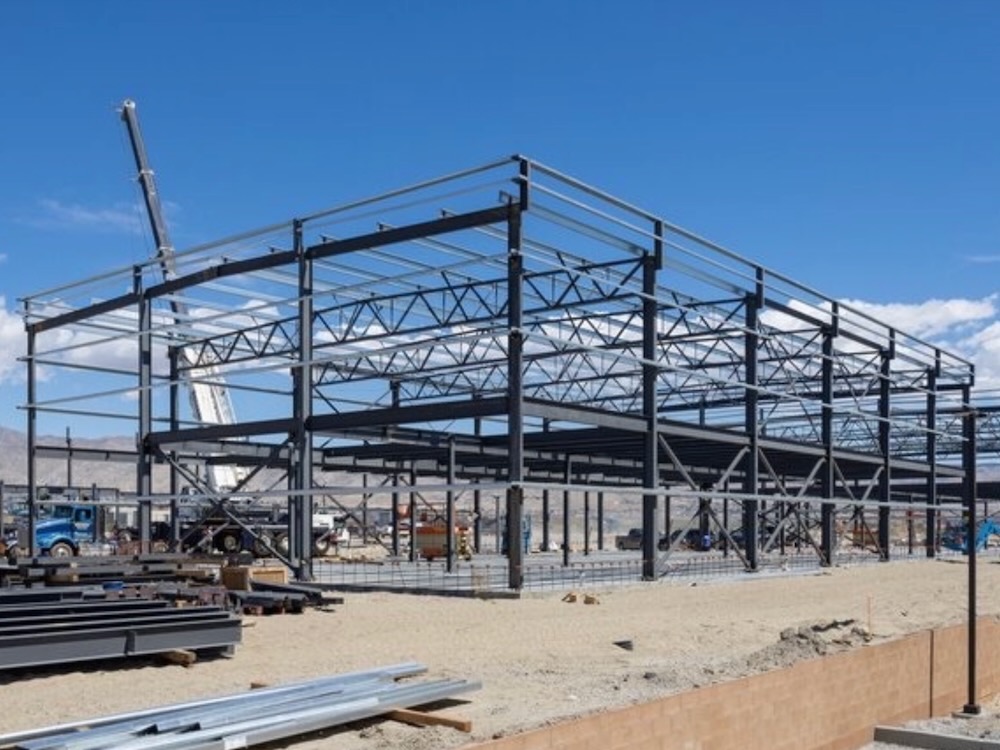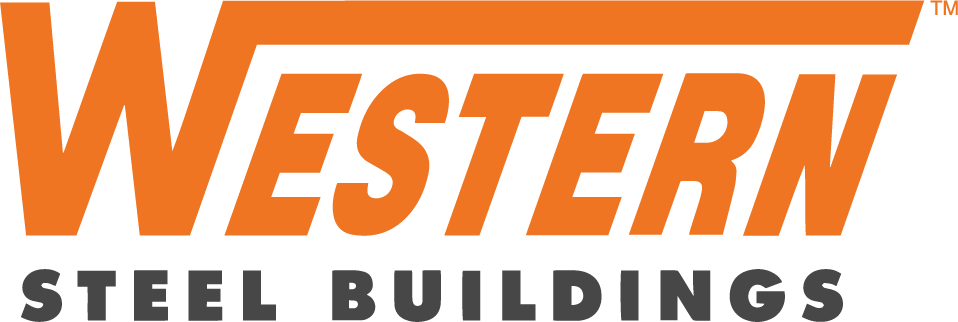Design, Estimating, & Engineering
Our Western Steel buildings add unmatched value to each sector due to their durability, flexibility, and efficiency. We offer pre-engineered, structural, and hybrid steel building systems that we tailor to large and complex designs for these industries and more:

Design: The design phase for steel buildings in these industries is crucial and entails thorough planning to accommodate the unique requirements of each sector. Commercial and industrial structures, for instance, need to factor in space usage, load requirements, and safety regulations. Energy-related and transportation systems must often consider elements such as environmental impact, specific equipment needs, and resilience against various natural conditions. Advanced design software can help create precise 3D models, allowing for real-time adjustments and optimal resource utilization.
Estimating: Estimating the cost of steel buildings involves assessing multiple parameters, including the price of raw materials, labor costs, size and complexity of the project, and potential contingencies. It requires a detailed understanding of current market conditions, logistical considerations, and potential risks. Accurate estimates are essential in these industries to ensure projects remain financially feasible and can secure the necessary funding.


Engineering: The engineering of steel buildings is a highly specialized field that ensures the structure’s stability, safety, and longevity. This involves careful selection of materials, meticulous calculations of structural loads, and adherence to building codes and regulations. In these industries, buildings often have to withstand demanding conditions, such as heavy machinery use in industrial settings, power generation in energy sectors, or heavy traffic in transportation infrastructure. This necessitates specialized engineering solutions and innovations.













